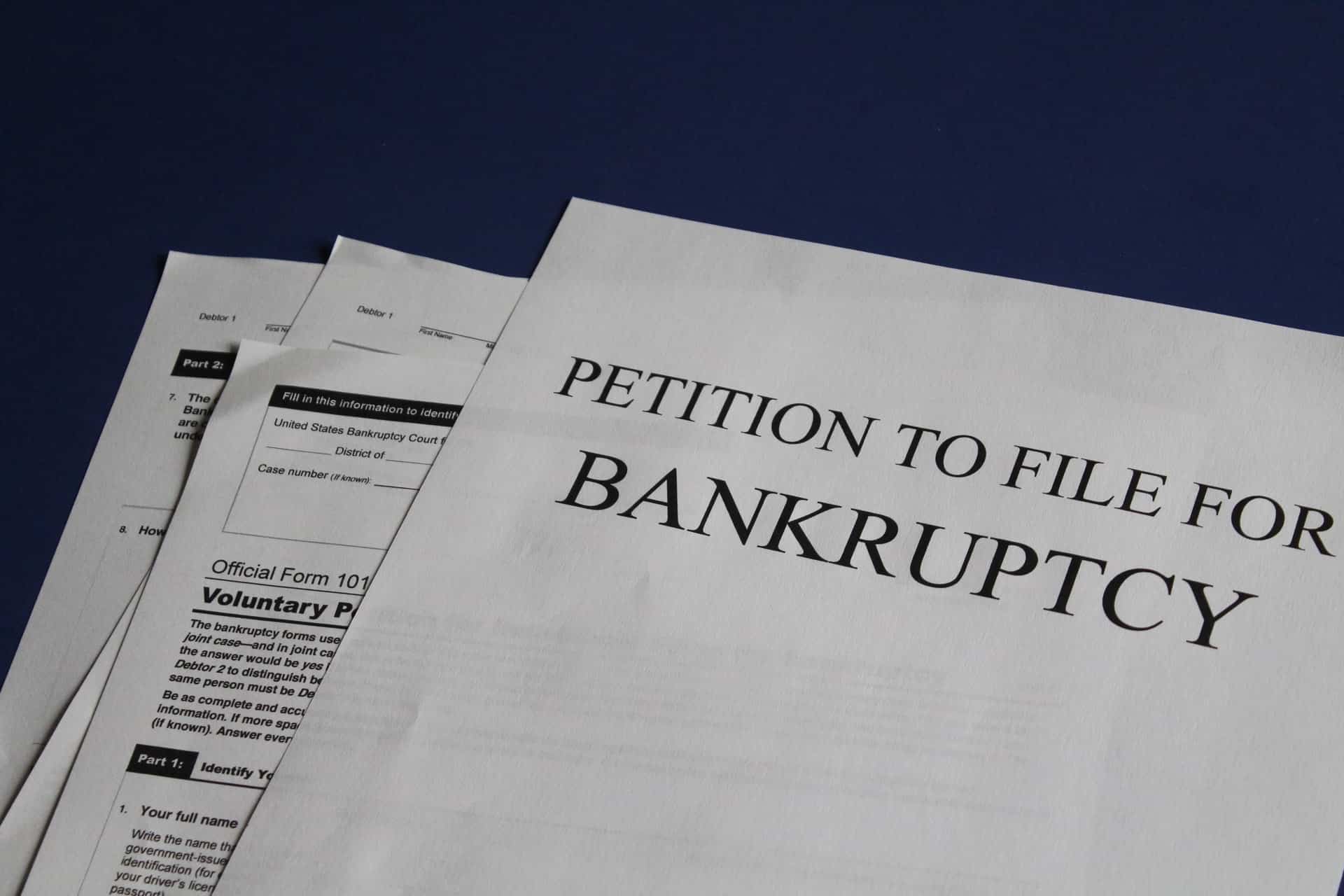

Running a business always comes with some amount of risk, but this year, businesses across the country are facing unprecedented financial hardships. The coronavirus pandemic has caused countless companies of all sizes to question whether they can maintain financial solvency in the face of months-long shutdowns and the potential for an economic recession that could last well beyond the day when the final COVID-19 patient is discharged from the hospital.
Business owners shouldn’t just give up hope, though. Instead, they should read on to find some helpful tips for how to avoid having to shut down permanently during these difficult times.
The Paycheck Protection Program (PPP), passed as part of the Coronavirus Aid, Relief and Economic Security (CARES) Act, has already provided small business owners across the country with billions of dollars in forgivable loans, and the U.S. government is already discussing further economic relief packages. Business owners shouldn’t hesitate to take advantage of government grants and loans during these trying times. It may make the difference between being able to open back up when everything calms down and filing for Bankruptcy.
Business owners can try to renegotiate their contracts to get reduced payments or extended terms with vendors or ask landlords to forgive rent payments for a short period. As a general rule, vendors and commercial landlords don’t want the businesses they partner with or rent to wind up going out of business, so some may be willing to renegotiate. The worst thing they can say is no, so there’s no harm in asking.
No business owner likes to consider the idea that laying off or furloughing some staff members may be an effective way to remain financially solvent through a serious financial crisis, but that’s the reality of the situation many businesses are facing. In many cases, business owners have also had to cut salaries or hourly wages to employees they can’t afford to let go of. Just make sure to handle these situations with care and to inform laid-off employees of their options regarding unemployment insurance and other strategies for keeping afloat.
Most businesses that do not provide direct services to customers have already moved online during the pandemic. Those that are having trouble figuring out how to manage their finances and pay their bills until things return to normal may want to keep it that way. A remote workforce can reduce the financial burden on a company by reducing the need for office space, utilities, and other monthly services. It can also increase productivity.
Businesses that are determined to stay in the race in a post-pandemic world need to do everything they can to keep in touch with customers or clients, make them feel safe patronizing the business, and ensuring that they feel valued. For current customers, provide the best possible service and request referrals from satisfied consumers. For those who are still self-isolating at home, provide curbside pickup, or request that they purchase gift certificates for redemption after the crisis has passed.
These are unprecedented times, so there’s no guaranteed blueprint for avoiding financial troubles. Business owners can still do their best to continue getting by until after the pandemic is over, even if that means cutting some serious corners or swallowing some pride.
If you are interested in even more business-related articles and information from us here at Bit Rebels, then we have a lot to choose from.
Warehouses are changing fast, pushed by rising demand, tighter safety standards, and the constant shuffle…
Cybersecurity is no longer a task for governments and large corporations in the connected world…
Fame is a powerful force that extends beyond a celebrity’s lifetime. Icons like Marilyn Monroe,…
In an era where sustainability, transparency, and corporate responsibility are paramount, businesses are under mounting…
In today’s fast-paced and competitive business environment, managing intellectual property (IP) is more crucial than…
Working in tight or confined spaces is one of the most common challenges in modern…